What’s the best way to get a poor family in the developing world on the road to self-sufficiency? Cash? Education? Internet access? Tech industry pioneer Bill Gates has a decidedly low-tech suggestion.
In a short and sweet post on his personal blog in June 2016, Bill Gates gave four main reasons why chickens are the jump-start families in developing nations need.
- Chickens are cheap to buy and easy to take care of.
- Chickens are a good investment.
- Chickens are a sustainable food source, preventing malnutrition, which can cause lasting damage to children.
- Chicken raising empowers women.
The latter result is one that Gates can’t be unfamiliar with as the husband of someone who has spoken first-hand to mothers raising successful families, thanks in small part to chickens. Melinda Gates also wrote about why she supports chickens. A main one is that, even in patriarchal societies, women are typically in charge of chicken raising. She writes:
“Usually, men control a family’s income. Men take cash crops like cocoa and cotton to market. The more milk a cow produces, the more likely it is that men will sell the milk and decide what to do with the proceeds. Chickens are the exception. Many men think chickens aren’t worth their time because the income from them is small and sporadic. So women fill the gap.”
Evidence is mounting that empowered women are the key to a healthy, wealthy society. “When a woman controls the family’s income, her children are 20 percent more likely to live past the age of 5,” writes Gates.
Okay—can we all agree that getting chickens into the hands of families in developing nations is worth a shot? The next question is, how? Happily, Heifer International has been working on this for more than 70 years. They have teams in developing nations to identify families, train them, and give them the starter animals and materials they need.
A few years ago, Heifer gave Klang Savuth and her husband 20 chickens. The couple, who live in Kok Komeat, Cambodia, also got a little bit of training from Heifer to help them grow their flock. They now have more than 200 birds, and make $250/month selling them.
Now Klang and her husband Kid aren’t just subsisting, they’re investing. With more eggs than they could handle at once, the couple bought a 200-egg incubator, and learned how to operate it with training from Heifer. Now they’re making even more, and thinking about buying more land and expanding their operation into fish harvesting.

Heifer has worked with more than 30,000 families like this in Cambodia. On average, farmers who participated increased their monthly household income from $107 to $358. That puts them on the road to a real living wage in their country, not just a poverty-line existence.
The Gates’s campaign, Project Coop, was a huge success, giving 100,000 chickens to struggling families. Most of the chicken went to families in Africa and Southeast Asia, the two primary areas where the Gates Foundation directs its resources and efforts on poverty alleviation. If you want to help, you can donate a flock of chickens to a family for $20.

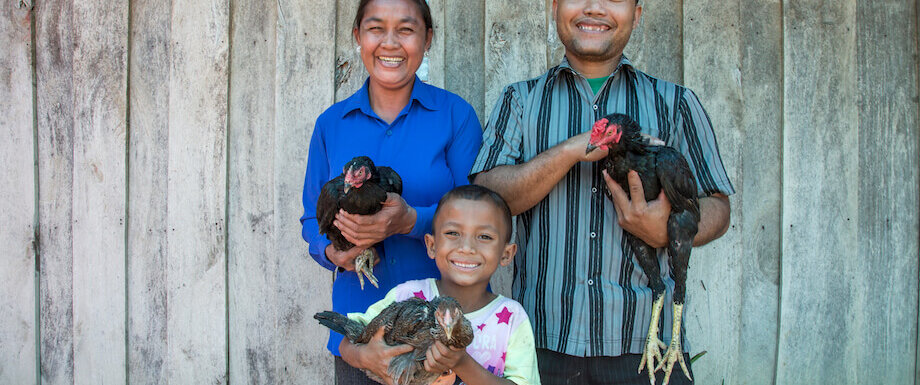










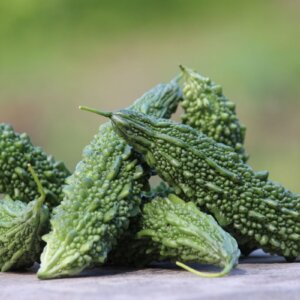

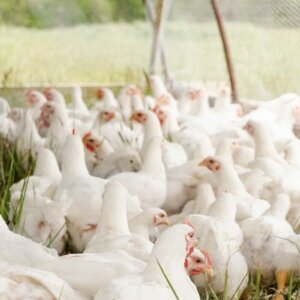


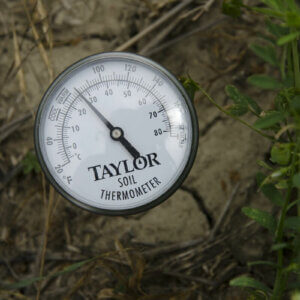
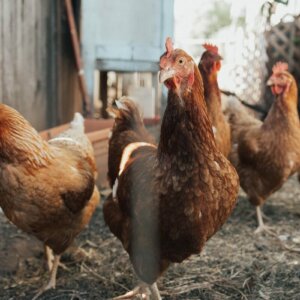

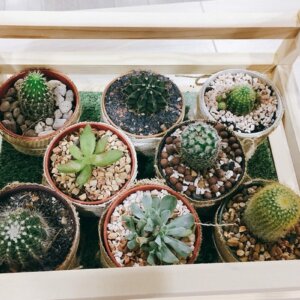

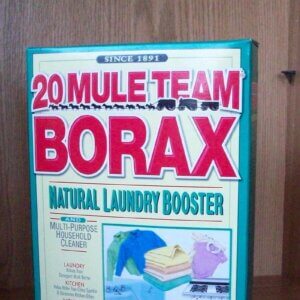


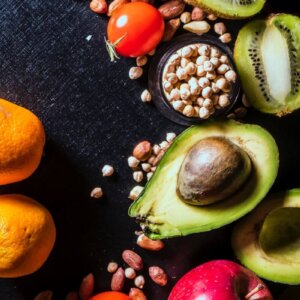
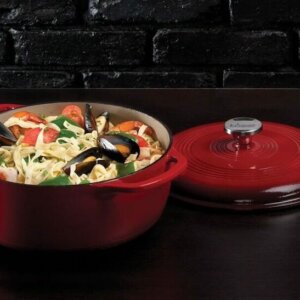

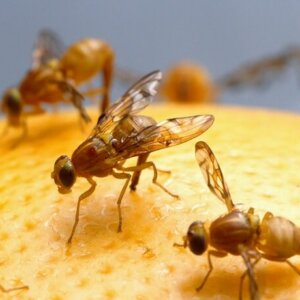













Leave a Reply